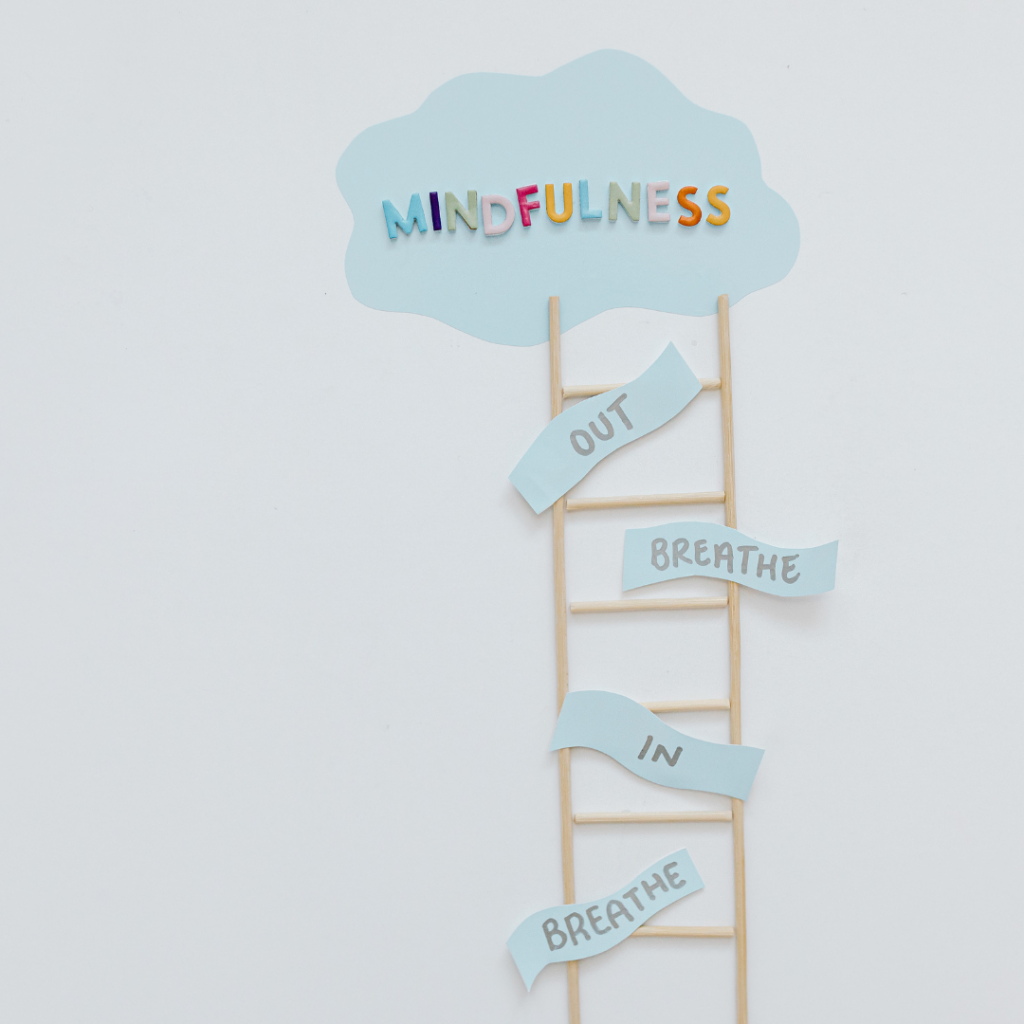
We live in a world surrounded by distractions and stressors, and because of this, experiencing stress at times is unavoidable. There are both positive and negative stressors. However, a state of prolonged tension from stress may have negative health consequences like trouble sleeping, headaches, high blood pressure, increased heart attack risk, or a weakened immune response.
The holiday season can often bring additional stressors with different schedules, family events, and travel, among other things. It can be overwhelming at times. We often look for ways to distract ourselves from our stressors. Though this is a natural tendency, doing the opposite and focusing on our stressors can be a more effective form of stress relief.
Put simply, mindfulness is awareness of the present. It involves observation of one’s present state, thoughts, and emotions. The key is to acknowledge your thoughts and feelings without judging them. Focusing on past events or perceived future events can introduce stress while staying in the present moment can help us recenter and reduce our stress levels. Try to incorporate one short mindfulness practice into your daily routine. This will help you reduce overall stress and better cope with stressful events as they come up during the holiday season.
Short mindfulness practices:
- Breathing. There are many breathing techniques you can use for momentary stress relief and mindfulness. Focusing on your breath and sticking to a breathing pattern can help you stay in the present. For example, try breathing in for a 3-second count, holding for a 3-second count, and breathing out for a 3-second count. Even one minute of controlled breathing can help reduce stress. For a step-by-step example, read our mindful breathing blog.
- Meditation. Guided meditations are a great way to start implementing mindfulness practice into your daily routine, and there are free resources available online. Start with short meditations. Body scans can be a great way to acknowledge and release any tension you are holding in your body.
- Senses. A short mindfulness practice is to pause and acknowledge your senses. What do you see, hear, feel, smell, and taste at the moment?
- Gratitude Journaling. What are 3 things you are grateful for today? Why are you grateful for these things? Writing down your gratitude on a regular basis is a great way to recenter and focus on the various things that bring positivity to your life. Look at this blog for more on practicing gratitude.
- Mindful Eating. Focusing on the experience of eating is a weight maintenance strategy. As you eat, acknowledge the smell, taste, and texture of your food. Slow your eating and learn to recognize when you are full. For more, check out our blog on mindful eating strategies.
Don’t miss another great blog: Subscribe Now
